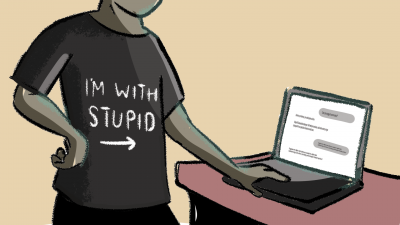UPDATE: A groundbreaking study from Aalto University confirms that users of advanced AI models, such as ChatGPT, consistently overestimate their cognitive performance. This urgent finding was published on October 28, 2025, and has significant implications for how individuals assess their interaction with these technologies.
Researchers found that the classic Dunning-Kruger Effect—where individuals with low ability overestimate their skills—does not apply in the realm of AI. Instead, all users exhibited a pronounced inability to accurately evaluate their performance while using AI tools. The study highlights a concerning trend: users who perceive themselves as more knowledgeable about AI often overrate their abilities even further.
This revelation raises critical questions about the effectiveness of AI in educational and professional settings. As AI continues to integrate into daily life, the potential for inflated self-assessment can lead to misinformed decisions, particularly in high-stakes environments.
The study’s findings are not just academic; they touch on the human experience. Many users may feel empowered by AI, believing they possess enhanced capabilities. However, the stark reality is that this misplaced confidence could hinder genuine learning and growth.
As AI becomes increasingly prevalent, understanding these psychological impacts is essential. Authorities and educators must consider these findings when developing AI-related curricula and training programs to ensure users are equipped with realistic expectations and skills.
What Happens Next: As the conversation around AI continues to evolve, stakeholders across various sectors must address these findings. Expect discussions in educational forums, corporate training sessions, and public policy meetings to focus on how to mitigate the risks of overconfidence when utilizing AI.
Stay tuned for further developments on how these insights from Aalto University will shape the future of AI interaction and user education.







